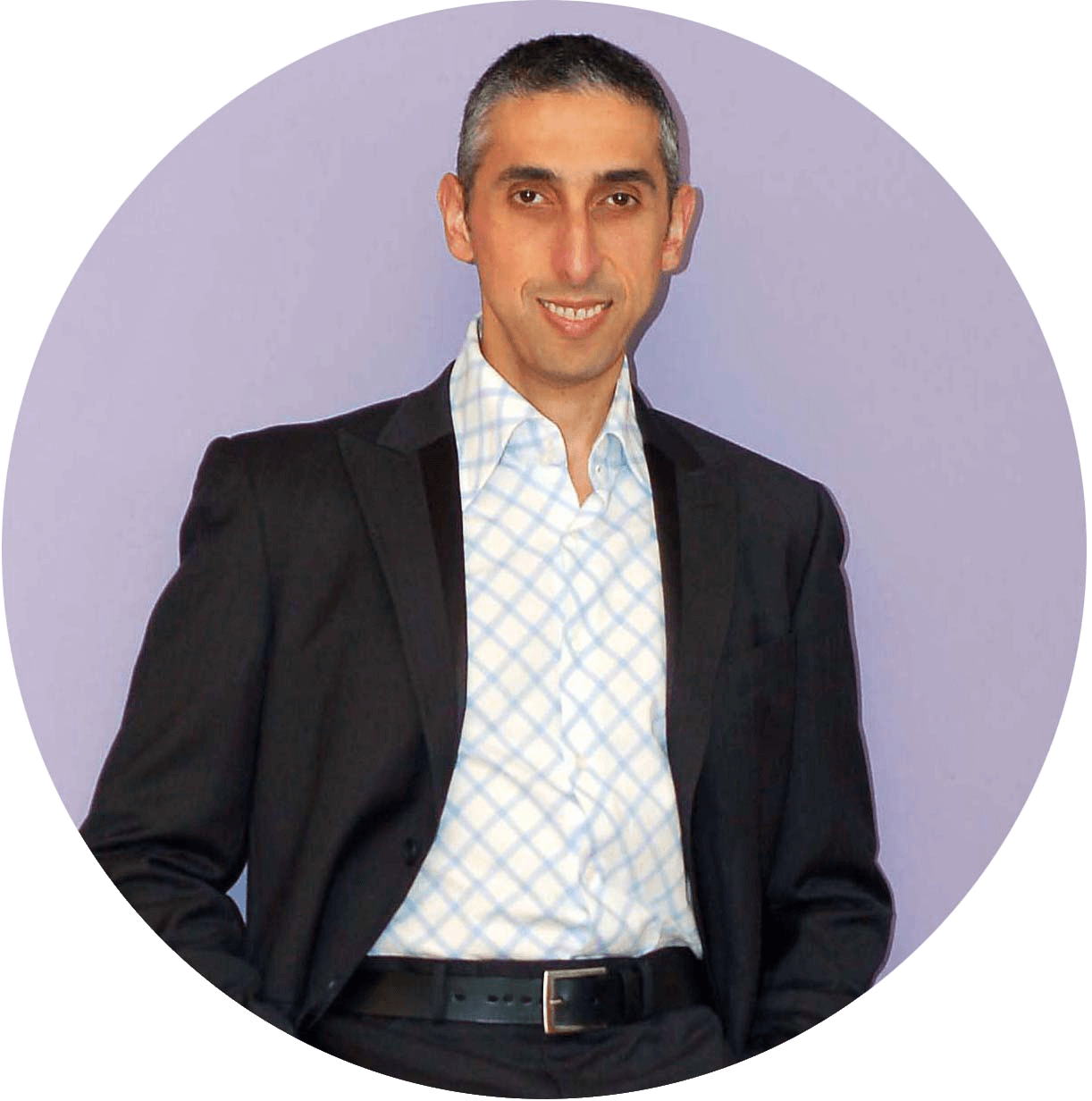“When our emotional health is in a bad state, so is our level of self-esteem. We have to slow down and deal with what is troubling us, so that we can enjoy the simple joy of being happy and at peace with ourselves.” – Jess C. Scott
I’d like to devote this article to an area I’m passionate about. If you’ve been following my articles, my communication has revolved around personal development, self awareness and spirituality.
The underlying mechanism is the role emotions serve in influencing one’s state of health and well-being.
A great deal of research has been conducted on emotions and the role they play in determining health and wellness. Pioneers such as Candace Pert (an internationally-trained pharmacologist) wrote a book called Molecules of Emotions. The book discusses the influences of mind on body and body on mind.
It was thought, long ago, that the body operated independently of the mind. In recent times, we have seen the study of psychoneuroimmunology, which is the study of the interaction between the nervous system and the immune system. Western medicine is beginning to understand the connections that Eastern principles have recognized for many years via their holistic model.
Other sources worth noting include: Michael Gershon’s book entitled The Second Brain. Michael goes into great detail discussing the enteric nervous system of the gut and how it operates as a second brain.
It is now known that 70% to 80% of our immune system is located within our digestive system. He identified the role that the neurotransmitter hormone, Serotonin, played in the secretory reflexes of the gut. Research also experimented with the gut by cutting the major nerve supply, the Vagus nerve, noting the gut still operated independent of the brain sending messages to it.
The underlying message of the two authors was to demonstrate how emotions could influence physiological changes at the cellular level within the body.
Let’s investigate further how emotions can influence or create lasting health. Think back to the last time you were angry. What happened to you on a physiological level? Someone has just cut you off in traffic or your boss has made a last-minute request for work to be completed. Recall the emotion you felt. Was it anger, hurt, anxiety, sadness, frustration or others?
Become aware of these emotions. You undoubtedly noticed a change in your physical state. Your body may have become alert, muscles tensed up readying for fight or flight, pupils dilated, heart rate increased and blood pressure increase.
Although these are normal reactions under such conditions, they are not normal when one is constantly exposed to them on a regular basis. Mother Nature evolved, allowing us to be equipped with the necessary biology to adapt to our external environment and the ensuing dangers. Our bodies are not designed to be exposed to repeated stress day in day out. For many people who work in stressful conditions or lead stressful lives are exposing themselves to stress all the time.
To compound the situation, external stimulants such as: caffeine, sugar, cigarettes and alcohol can also wreak havoc in the process as they cause the same stress response within the body.
Therefore, the mere response to an emotion such as anger and/or anxiety is enough to activate the body’s defences. As mentioned earlier, repeated exposure to this response causes the brain and body to become adept at reproducing the physiological response mechanism within the body. Left unchecked, it may prove to have wide-ranging health implications.
Dealing with Your Emotions
We’ve all experienced moments of emotional turmoil in the grips of a situation over which we felt no control. It may have been a heated argument with a loved one, a neighbour, friend or stranger. The one distinct element is limited control to choose our behaviour.
Some people talk about not being aware or present when they’re in that state. It’s as though they are having an out-of-body experience. Their body is flooded with a cocktail of chemicals and messages to the brain. The key is to become mindful of the state well and truly before it overwhelms you. In order to do this you must practice a technique called A.C.T. – Act, Commitment and Training.
In this process, you become mindful of your thought process by consciously bringing the thoughts to the forefront of your mind. You become aware and awake. This is important since, during a fit of rage or anger, rarely do you have time to stop and analyse your thought process. It must be sequenced and rehearsed so that the mind relearns the appropriate thought model you wish it to act out. This may require time, patience and practice, but the result is a command of your internal world.
Here is a model for change with a breakdown of each step, providing a platform for you to use. Note that many of the changes you begin to see in your life normally occur at the cellular level invisible to the naked eye. Do not give up, thinking the changes are not taking place.
Awareness
Awareness or mindfulness is the idea of noticing thought patterns which you entertain on a daily basis, be it during training, racing or otherwise. It is the practice of ‘consciously bringing your thoughts to the forefront of your mind’, observing your thoughts without getting invested in them, as an outsider would. There are many great books on the subject. I would certainly encourage you to read Eckhart Tolle’s The Power of Now.
Commitment
Once you’ve become aware of your thoughts, it’s time to make a commitment to a model of action toward empowering yourself with the new thought model. In order to achieve goals, you must start by setting them. This might include replacing self -sabotaging thoughts with empowering ones, which move you in the direction of what you hope to become. You might see yourself becoming calmer amidst a tempered moment. The successful mind draws unique parallels constantly even in the challenging times. You have to put yourself in that environment first in order to allow your mind and body to adapt in the long term.
Training
You’re now aware and committed to advancing forward with managing your emotions. Training is simply that: training the new thought model until it becomes second nature. The most challenging aspect of developing a new thought pattern is that, naturally, you might slip back into your old thought pattern from time to time. This is normal and to be expected. When it happens, be aware of it, then, get yourself back on the new thought pattern as soon as possible. Eventually, your new model of behaviour will be deeply implanted into your subconscious mind. It will become an automatic response.
Emotions serve as a barometer. When you’re at peace with your emotions, health and well-being is your natural state.
When you neglect your emotions, pain, dysfunction and disease may be represented in the body as a means of alerting you to an unconscious aspect which warrants expression.
Befriend your emotions by being at peace with them. What appears as an unwanted emotion is often to awaken you to a greater part of your being.

Are You Ready to Transform Your Life with Confidence?
Are you ready to transform your life and unlock your potential? Start your journey with me today! My Life Coaching Program has empowered many to achieve lasting change. Schedule your FREE 30-minute consultation now and take the first step towards a brighter, more confident you.
Tony Fahkry
Expert Life Coach



















Hi Tony,
A great read! I didn’t realise just how much our emotions can influence our overall health. Your insight into this area has really opened up my mind to this new area of interest for me.
Thanks.
Thank you Georgie for your comments. Our bodies are tuning forks for receiving and transmitting communication. How we feel is a strong indicator of how well you’re resonating. Best wishes!
very interesting reading Tony!
Thanks for dropping in Emma-Lee. Best wishes!